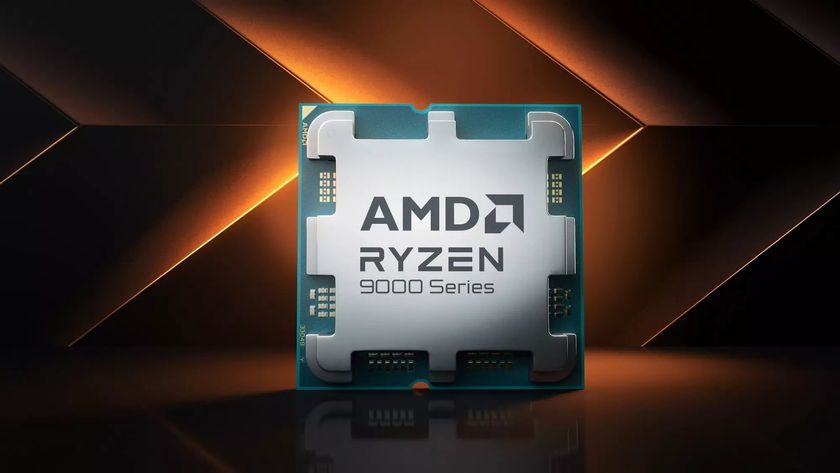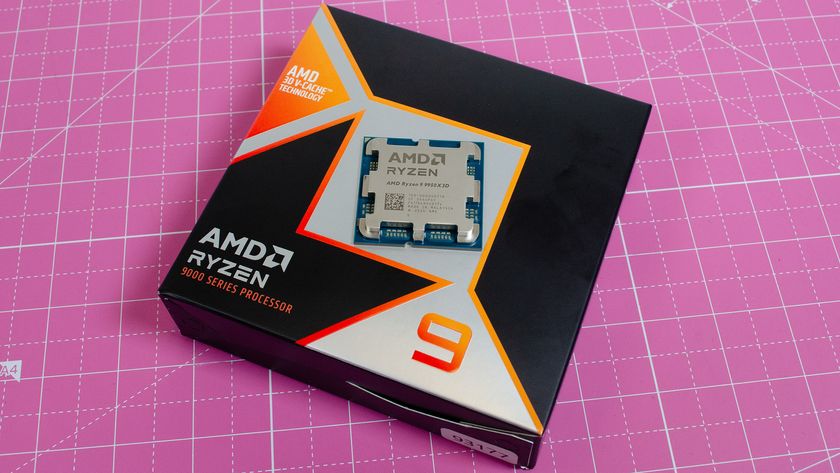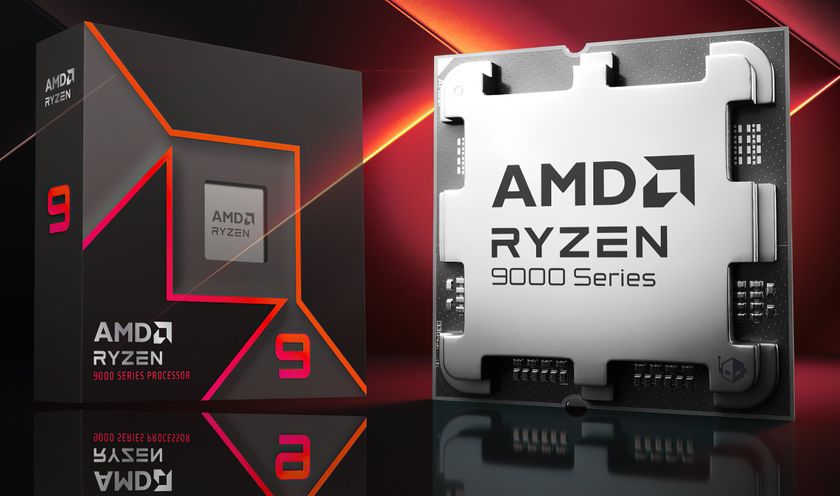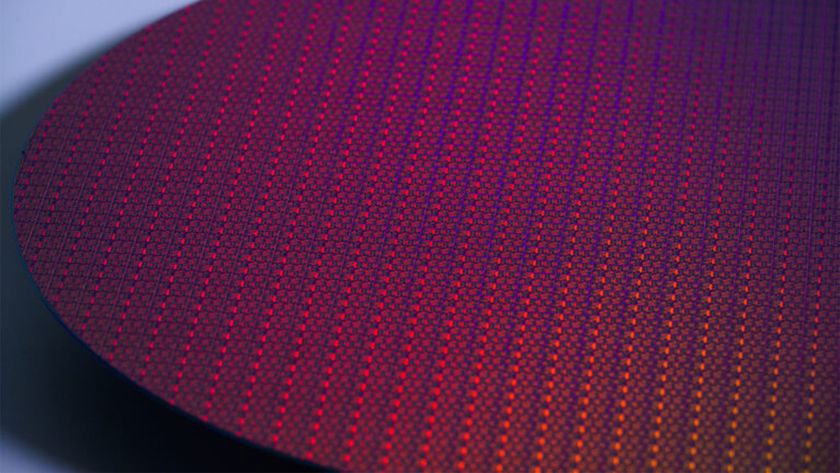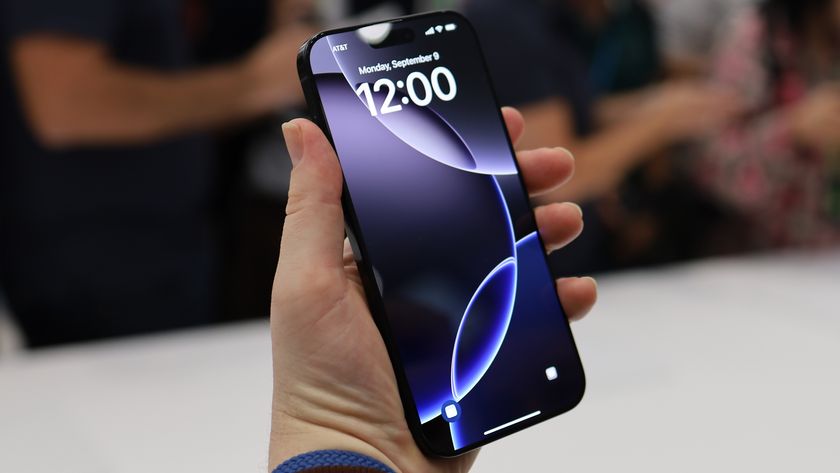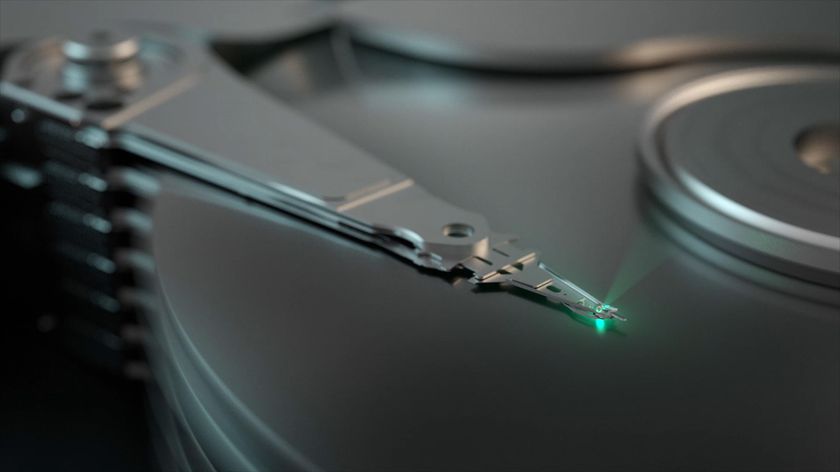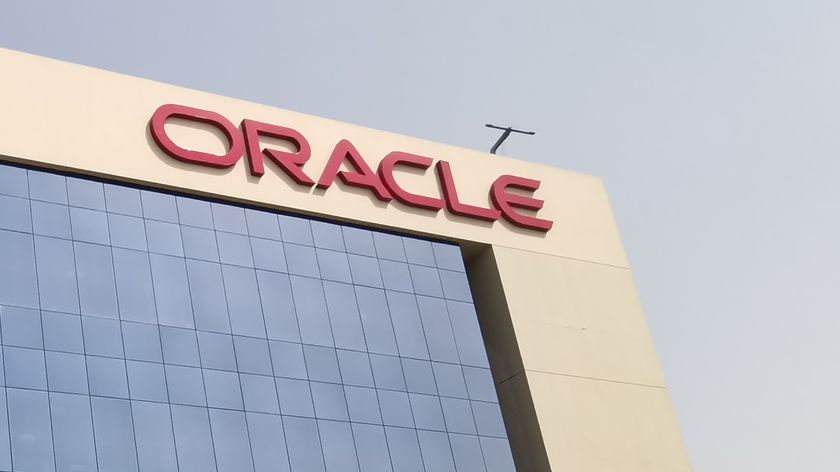Intel's 12th-generation desktop processors could support DDR5 RAM before AMD
Leak reveals next-gen memory is coming to Alder Lake CPUs
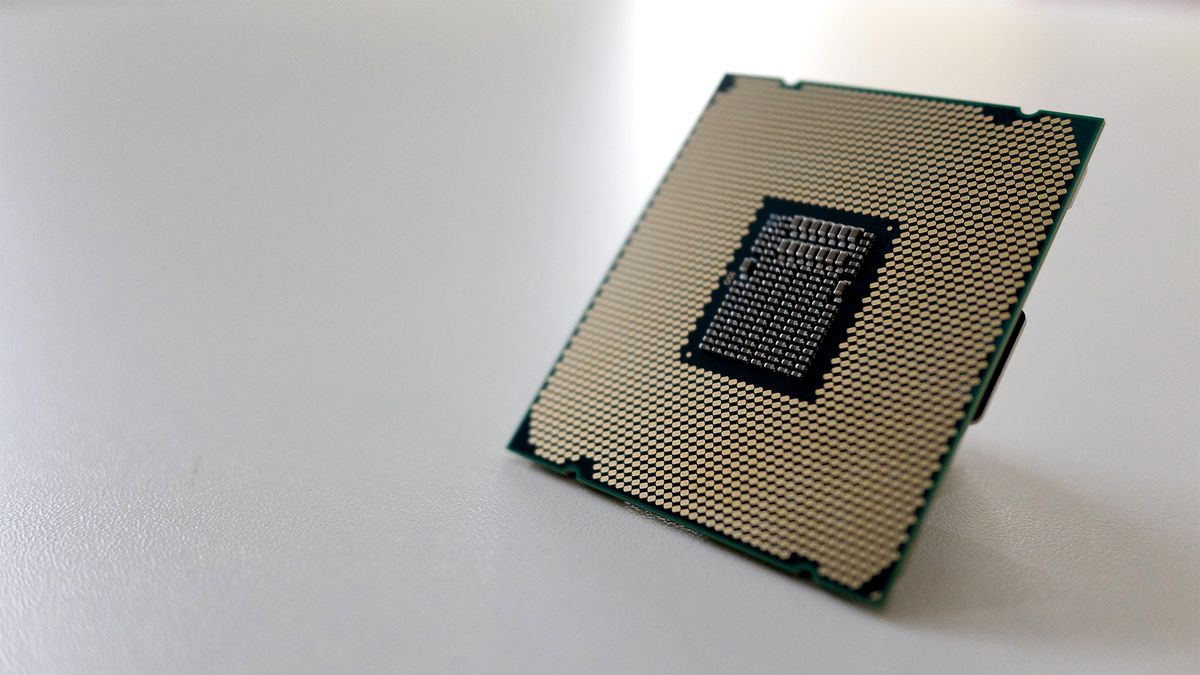
Intel’s 12th-generation Alder Lake desktop processors will reportedly support DDR5 memory – which is twice as fast as the current DDR4 standard.
That’s according to Videocardz, which was sent information about Intel’s Alder Lake desktop CPU lineup via an anonymous source – though it’s unclear if the details come via the massive 20GB data leak Intel suffered this week.
The information appears to all-but-confirm earlier rumors that the Alder Lake series will be Intel’s first processor lineup to support DDR5 memory, which is expected to double the data rates of DDR4 memory from up to 3.2 gigabits per second to 6.4 Gb/s
- We’ve picked out all the best processors
- And check out the best motherboards of 2020
- We'll show you how to build a PC
This latest leak doesn't tell us much else, but previous rumors claimed Intel's 12th-gen chips will support DDR5 at 4800MHz to begin with. This will be with one DIMM (memory stick) per channel, according to the rumor, with speeds topping out at a slower 4000MHz when using two DIMMs per channel speeds will top out at a slower 4000MHz.
AMD is expected to bring in DDR5 support in 2022 alongside its Zen 4 processors, so the next couple of years look set to deliver a major memory upgrade in the PC arena.
Intel’s Alder Lake desktop processors are expected to arrive in late 2021 or early 2022, and rumor suggests DDR5 support won’t be the only major change the CPUs introduce. It’ll also see Intel introduce a new LGA 1700 socket, which means the the chips won’t be compatible with the firm’s latest Z490 motherboards.
The CPUs, which will follow on from Intel's next-generation Rocket Lake parts, will also make use of Intel's Hybrid Technology, as previously seen in Lakefield chips, which will see it combine high-powered processor cores with low-power ones for better performance and power efficiency.
Get daily insight, inspiration and deals in your inbox
Sign up for breaking news, reviews, opinion, top tech deals, and more.
Carly Page is a Freelance journalist, copywriter and editor specialising in Consumer/B2B technology. She has written for a range of titles including Computer Shopper, Expert Reviews, IT Pro, the Metro, PC Pro, TechRadar and Tes.

